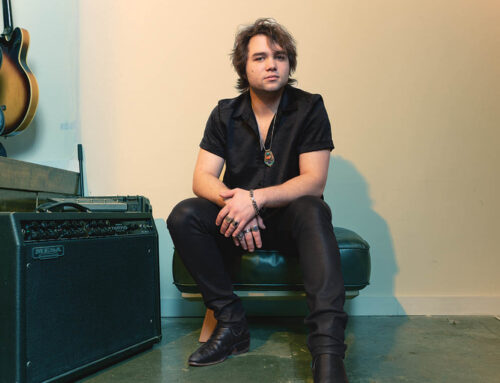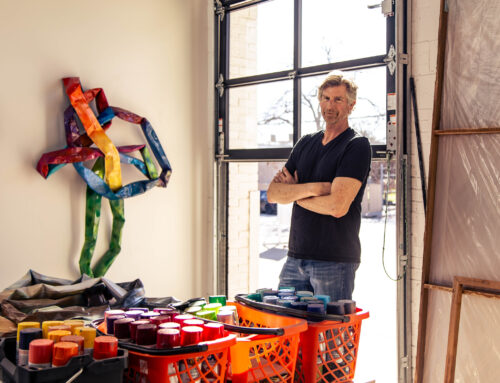“Immediately he made the disciples get into a boat and go on ahead to the other side, while he dismissed the crowds. And after he had dismissed the crowds, he went up the mountain by himself to pray.” (Matthew 14: 22-23)
Parents never seem to find enough time for themselves. Especially when children are young, a parent’s own self-care often seems to be the one thing that suffers most. Between regularly scheduled activities, illnesses and emergencies, what little spare time young parents have often evaporates amid a mountain of other obligations.
This story from the Gospel of Matthew has always been a favorite of mine. It’s the very end of the famous “Feeding of the Five Thousand” story. To understand just how applicable it is to modern parents, we must start at the beginning.
Jesus has just received word that his cousin, John the Baptist, has been murdered. Matthew tells us that when Jesus hears this news, “he withdrew in a boat to a deserted place by himself.”
Unfortunately, the moment Jesus arrives across the lake to this “lonely place,” he discovers that it’s not so lonely after all. The crowds, it seems, followed him. (They apparently have little concept of “healthy boundaries.”)
You might guess Jesus would be angry with them or feel sorry for himself. But that’s not what the text says. Matthew tells us that Jesus “has compassion” for them.
I’ve written to you before about this word “compassion.” The Greek word here —“splagchnizomai”— means to be moved with deep emotion. It’s a visceral, physical reaction of love and sympathy to the pain or suffering of others. It’s the same as that complex wave of feelings you have when a child needs something, and you would do anything in your power to help them.
That’s what Jesus does. He heals the sick, and eventually feeds more than 5,000 people with a few fish and loaves and bread.
That’s the part of the story we find amazing. And we often stop telling it here. But that’s right when these little verses at the top of this page take place.
After Jesus has responded to the human need, fed the hungry, healed the sick … he sends them away!
He sends his Disciples away too. Then, he looks around to find that he is *finally* alone … finally able to spend the quality self-care time he sought, hours ago. And so, he goes “up the mountain by himself to pray.”
Isn’t this the perfect story for parents?
Try as we might, our child’s needs never fit into neat, pre-programmed schedules.
But we can draw hope and inspiration from the fact that it was like this for Jesus too. Parenting, like Jesus’ ministry, is the art of managing nearly constant “interruptions” from needy “others.”
This doesn’t mean self-care is impossible. But it could mean we’re likely to be frustrated if we expect self-care to follow a rigid routine, every morning at 9:15 a.m. Maybe we’ll have to carve out time late at night or early in the morning. Flexibility, in ministry and parenting, seems to be key.
By all means, respond with compassion to the needs of your children. That’s what good parents do. But once you’ve met those needs, do the rest of what Jesus did, too.
Send everybody away for a while, and spend some time on self-care. If Jesus can do it, as hard as it might sometimes feel, so can you.
ERIC FOLKERTH is Senior Pastor at Kessler Park United Methodist Church. Call 214.560.4212 or email sales@advocatemag.com for advertising information.






